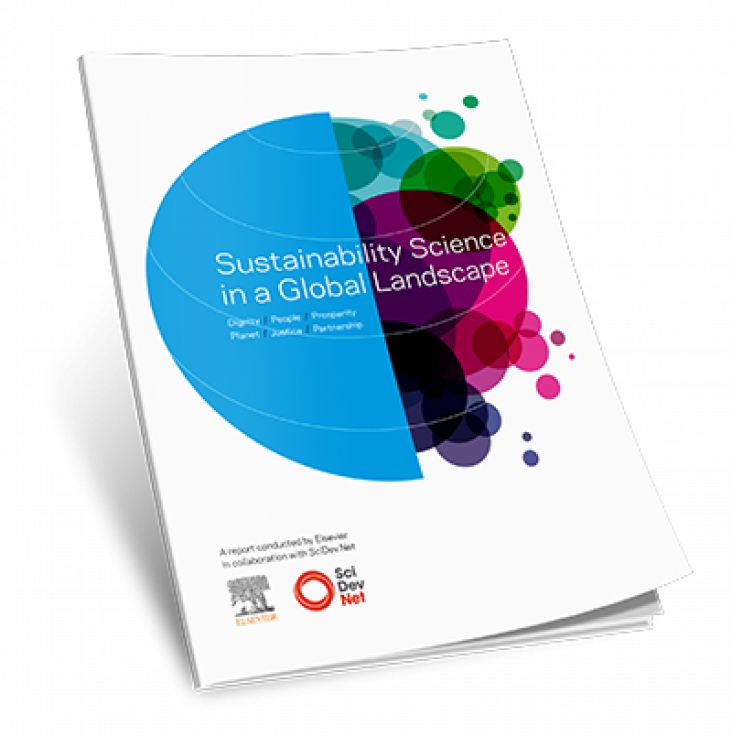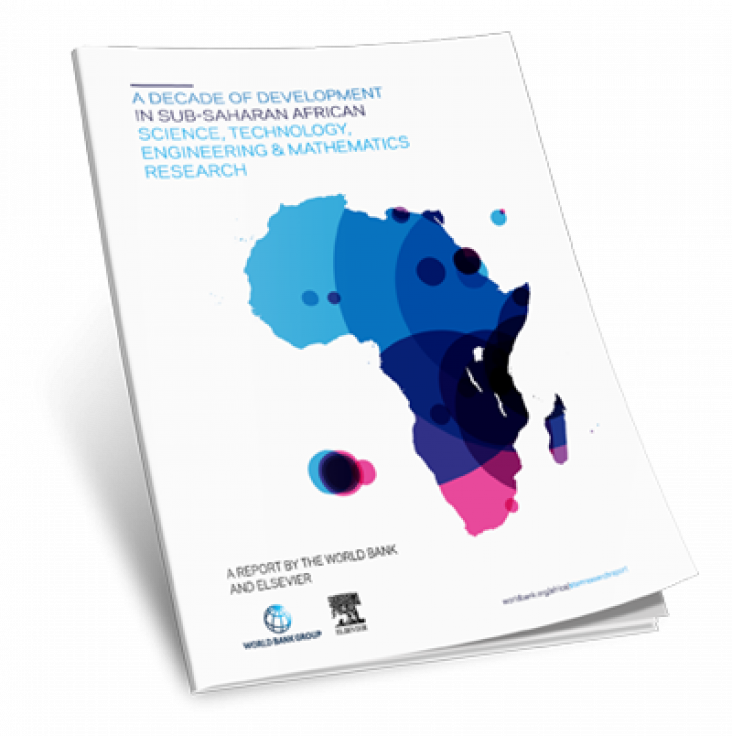Ensure inclusive and equitable quality education and promote lifelong learning opportunities for all

By mapping the state of research within each SDG area, this report acknowledges the pivotal role research plays in tackling some of the world’s greatest challenges. It aims to better understand the research community’s global sustainable development efforts and assesses the progress made, as well as unmet research needs.
Directly contributing to SDG 10 (reduced inequalities), SDG 5 (gender equality) and SDG 4 (quality education), this report investigates sexual harassment incidents within academia and discusses the uprising of online naming and shaming of sexual harassment culprits.
Elsevier published Sustainability Science in a Global Landscape which analysed the sustainability science research according to six themes: Dignity, People, Prosperity, Planet, Justice, and Partnership. Key data has since been updated covering 2011 to 2015 for the top 15 countries in sustainability science output.

This report, conducted by Elsevier in collaboration with SciDev.net, contributes to the understanding of sustainability science as a research field and the dialogue between science and society in sustainable development. The report is relevant to all 17 SDGs as it underlines the inter-disciplinary nature of sustainability science and the impact that has on the success of the SDGs. The report helps to advance SDG 4 Quality education and SDG 10 Reduced inequalities.

This report, a partnership between Elsevier and the World Bank, examines and compares the research enterprise of sub-Saharan Africa from 2003 and 2013, with a special emphasis on research in STEM. This analysis provides valuable insights that help to advance SDG 4 Quality education and SDG 10 Reduced inequalities.
